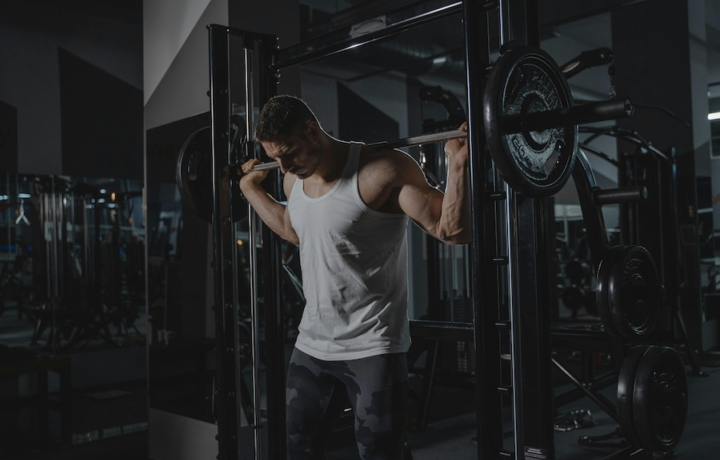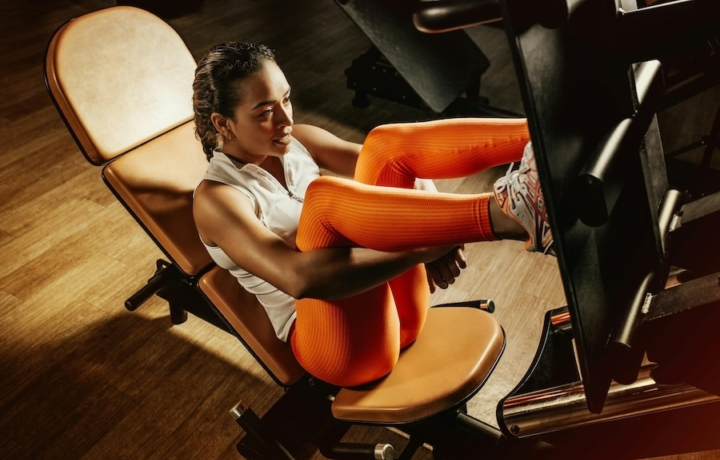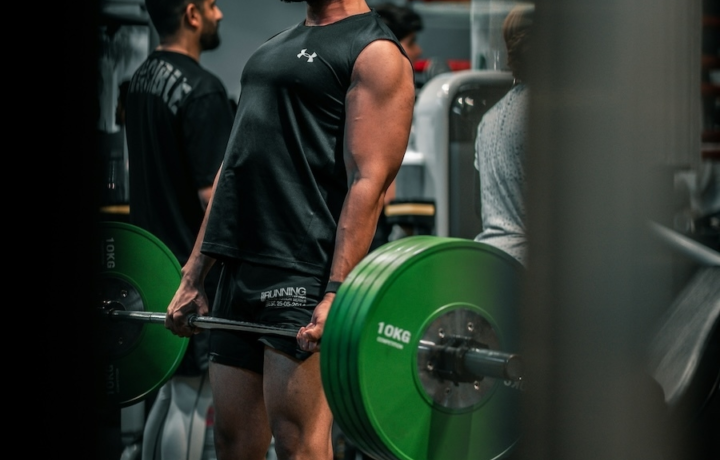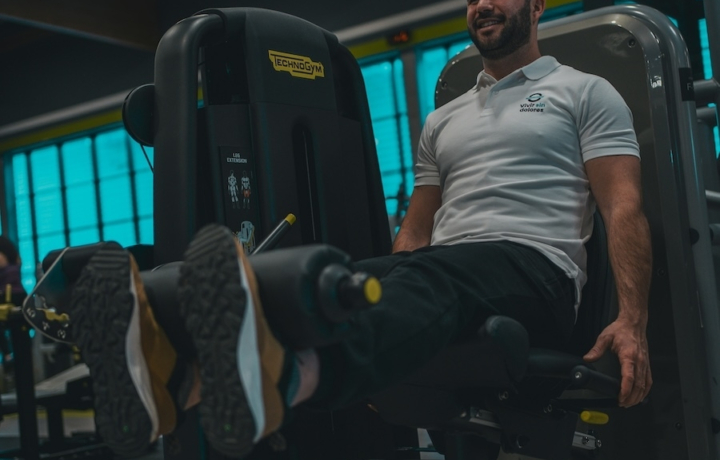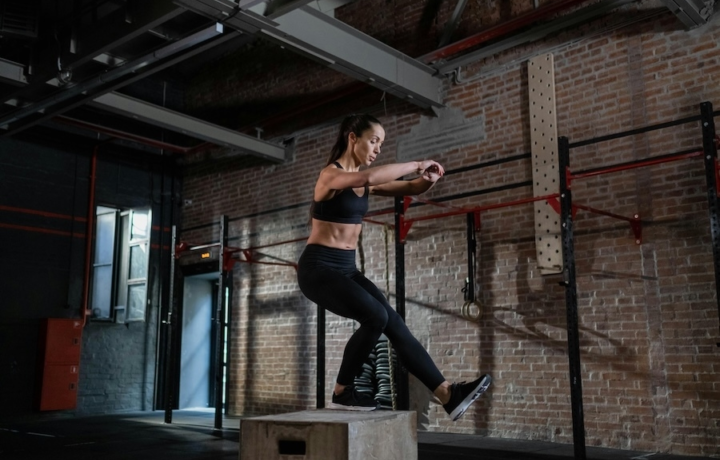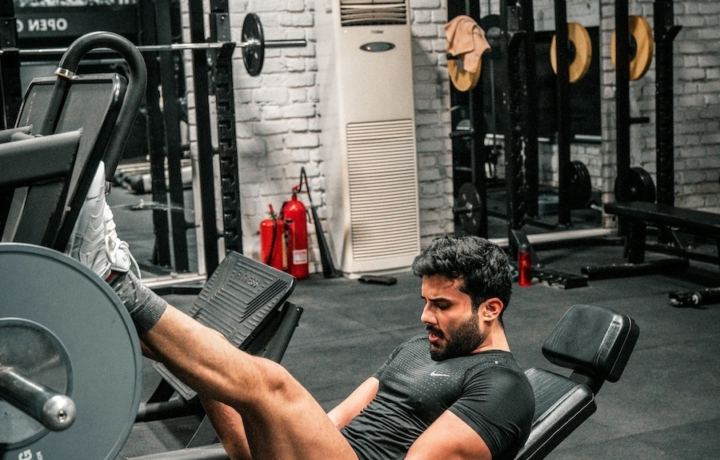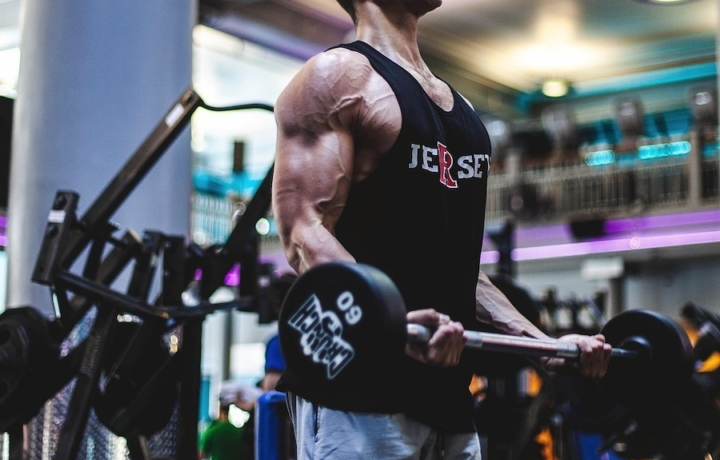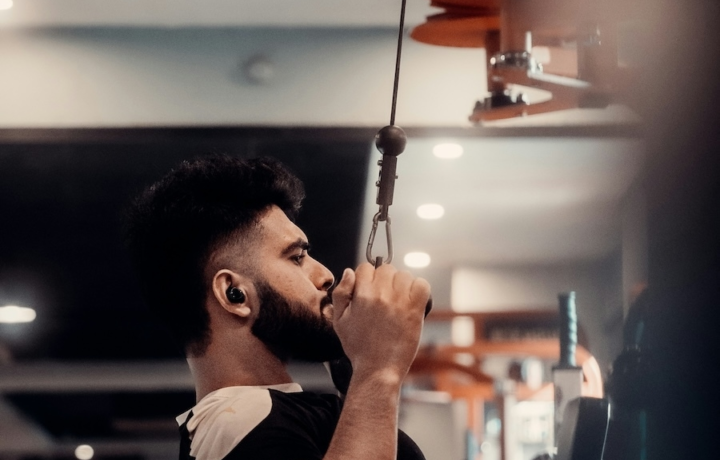Build stronger legs and improve athletic performance
Best Hamstring workouts
Hamstring workouts focus on the powerful muscles along the back of your thighs, which are key for running, jumping, and lifting. These workouts combine hip-dominant movements like Romanian deadlifts with knee-dominant exercises like leg curls to target the full length of the muscle. Strong hamstrings help prevent injuries, improve posture, and increase power in both sports and everyday movements. Whether you're training for speed, stability, or size, developing your hamstrings is essential for lower body performance.
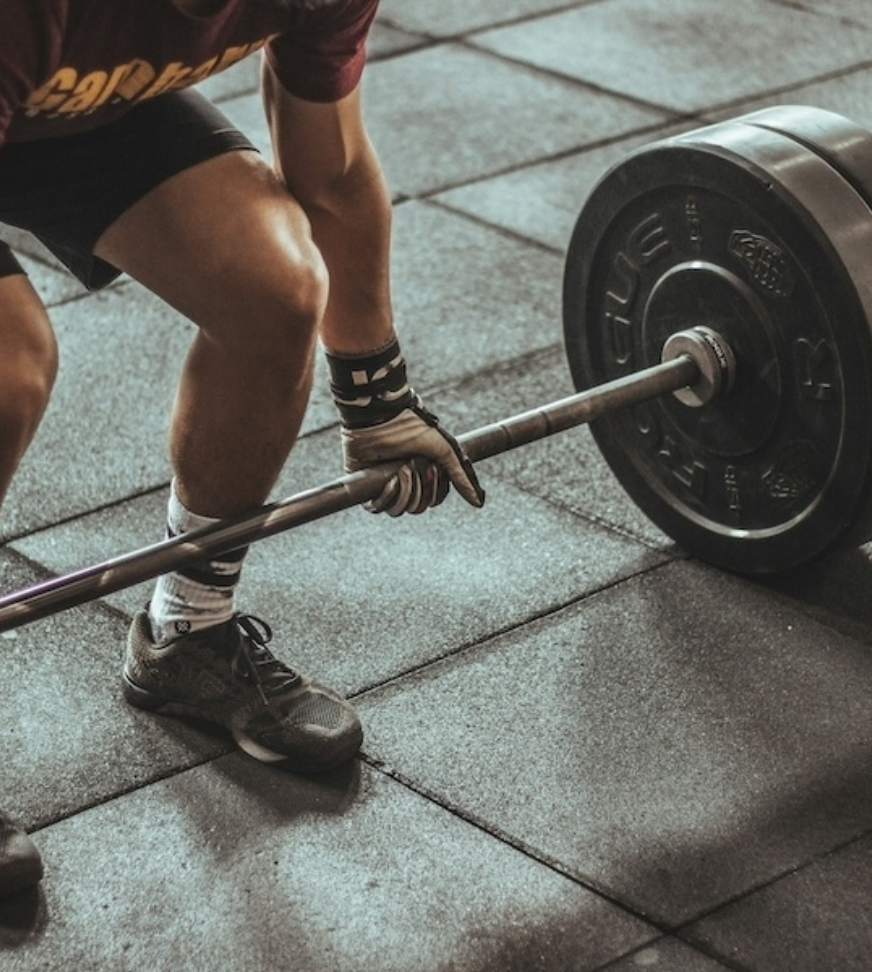
The benefits of Hamstring workouts
Build upper body strength, symmetry and posture
Hamstring training boosts posterior chain strength, which supports the hips, glutes, and lower back. A strong hamstring group helps reduce injury risk: especially for athletes who sprint or lift, and balances out quad-dominant leg work. These workouts also support knee health, improve explosive power, and contribute to a more balanced physique. Regular hamstring work is a must for performance, mobility, and long-term joint health.
Workout 1 Hamstring (Strength & power)
This hamstring workout builds serious strength and power using heavy deadlift variations and lower rep ranges (6-8 reps). You'll focus on the main movements that work your hamstrings hardest: (Romanian) deadlifts with longer rest periods to handle heavier weights. The workout targets the back of your legs through bending and straightening movements that build both muscle size and functional strength for sports and daily activities.
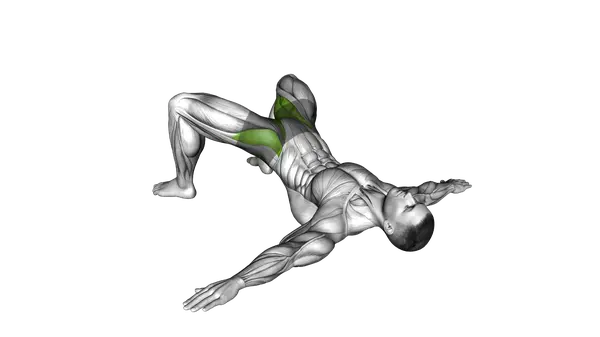

Glute Bridge Abduction
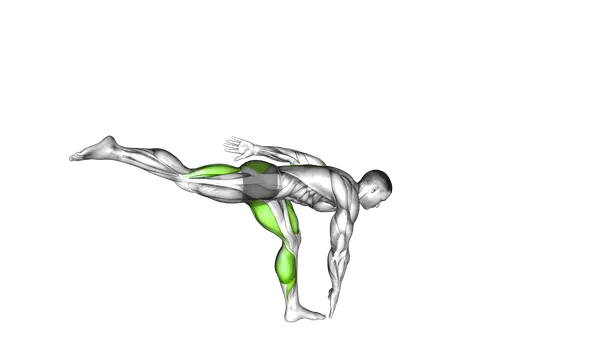

Bodyweight Single Leg Deadlift
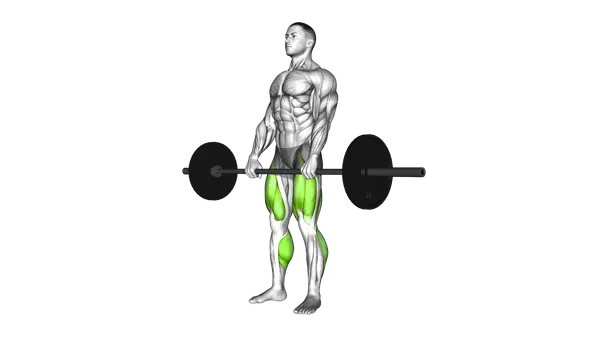

Barbell Deadlift
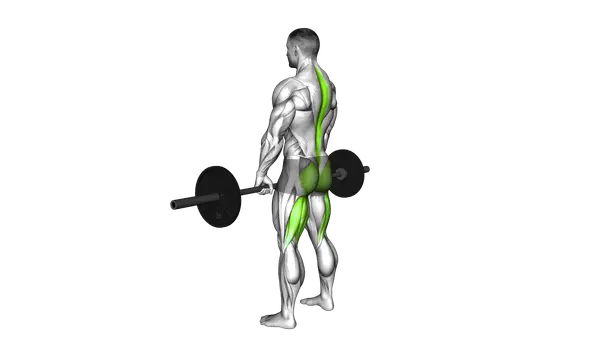
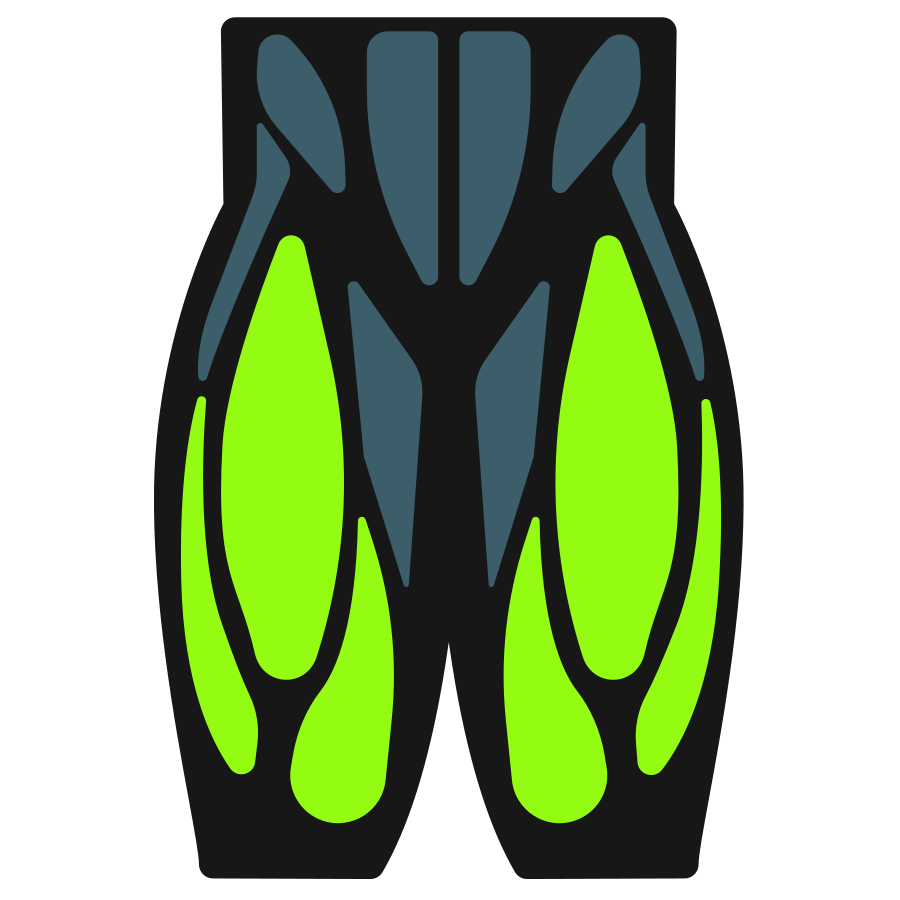
Barbell Romanian Deadlift
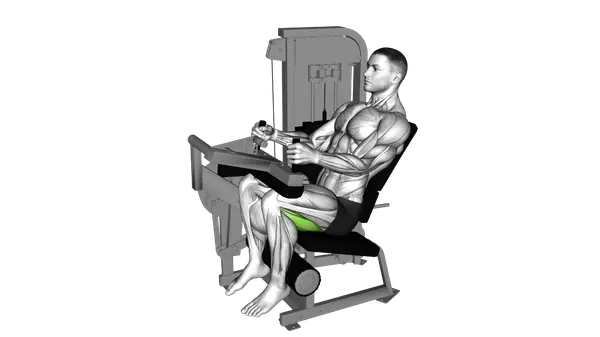

Lever Seated Leg Curl
Built for progress
Take the guesswork out of training
Create personalized AI-powered workout plans that evolve with you. Train smarter, track every rep and keep moving forward, one workout at a time.






Workout 2 Hamstring (Explosive hamstring development)
This hamstring workout builds speed and power through fast, athletic movements like kettlebell swings and butt kicks that train your hamstrings to fire quickly. You'll do higher reps (8-12) with shorter rest periods to develop the kind of explosive hamstring strength needed for sprinting, jumping, and quick direction changes. The exercises focus on speed and acceleration rather than just lifting heavy weights.
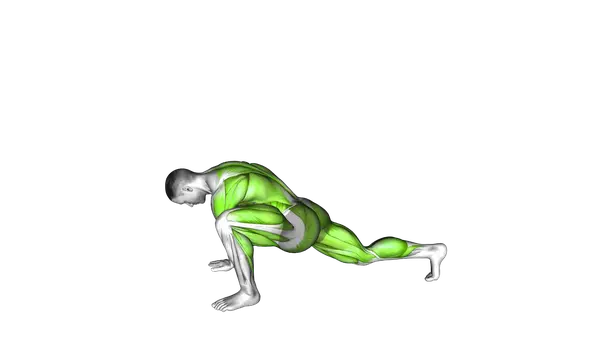

Worlds Greatest Stretch
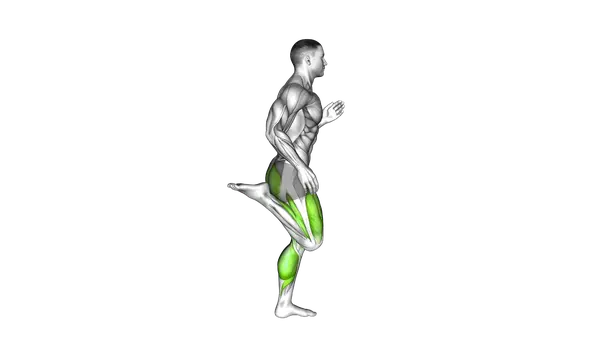

Butt Kicks
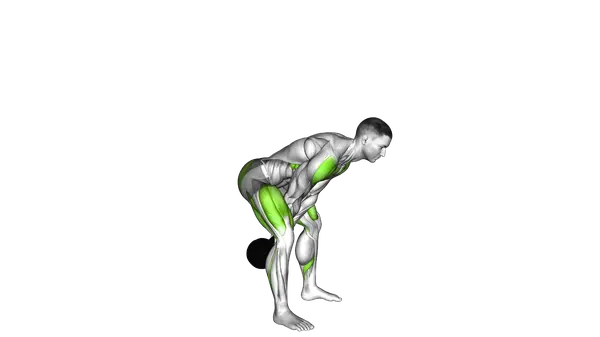

Kettlebell Swing
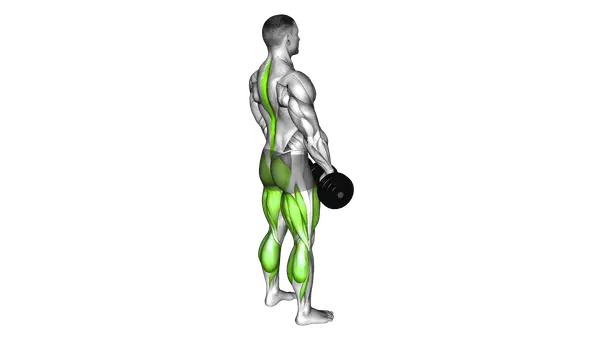

Dumbbell Deadlift
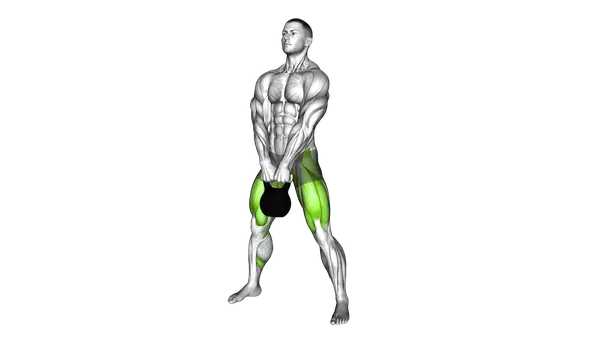

Kettlebell Sumo Deadlift
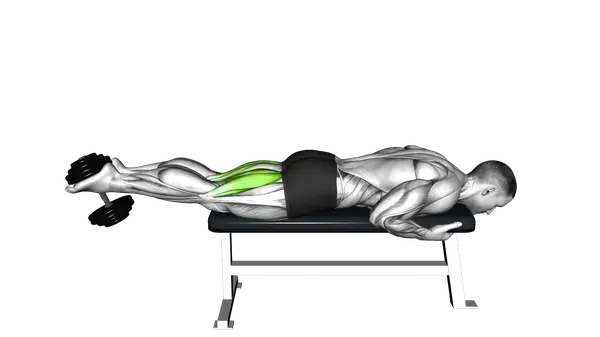

Dumbbell Lying Leg Curl
Workout 3 Hamstring (Flexibility, control, and functional movement)
This hamstring workout improves your flexibility and movement control using stretches and balance exercises that help your hamstrings work better in daily activities. You'll do controlled movements with moderate reps (8-12) that teach your hamstrings to move through their full range while staying stable and strong. The exercises focus on making your hamstrings more flexible and responsive rather than just stronger or bigger.
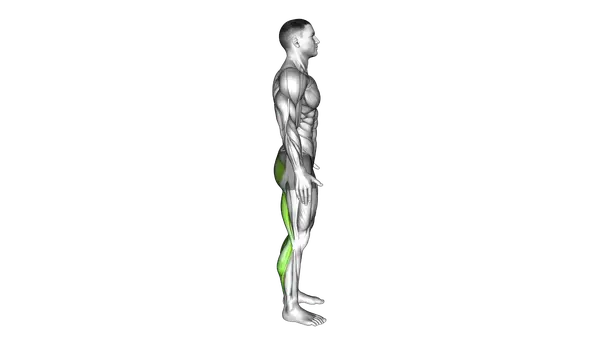

Runners Stretch


Bodyweight Single Leg Deadlift


Barbell Romanian Deadlift
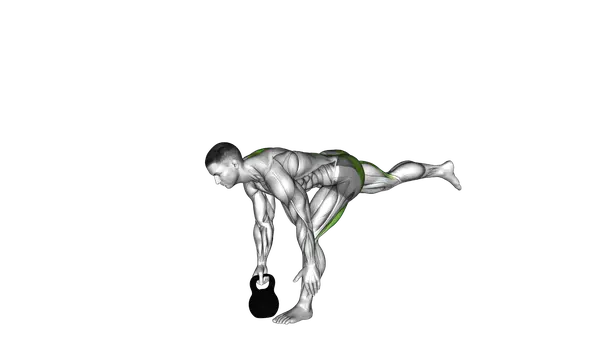

Kettlebell One Legged Deadlift
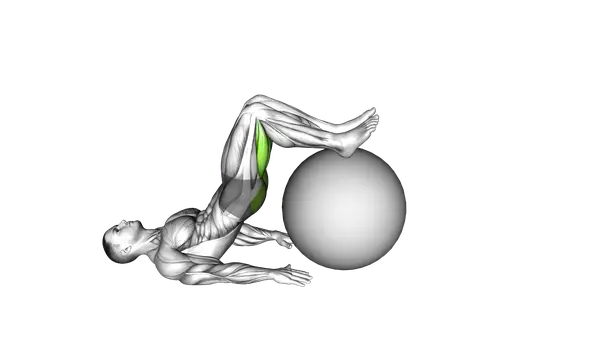

Stability Ball Leg Curl
Log your workouts & monitor your progress
Stay on track with the App
For the best results, record each exercise in the app. Easily track your sets, reps, and rest times, visualize your improvements over time, and discover fresh training ideas to keep every session challenging. Soon available on iOS and Android.
Frequently asked questions: best Hamstring workouts
Yes, tight or weak hamstrings can cause compensations in your posture, often leading to strain on the lower back. Strengthening the hamstrings can improve hip mobility, reduce pelvic tilt, and offload stress from the lumbar spine. However, it's important to also strengthen your core and glutes for a well-rounded approach to back health.
Both have their place. Machines like the lying or seated leg curl allow you to isolate the hamstrings with controlled form, which is great for beginners or accessory work. Free weights (like in RDLs or good mornings) train the hamstrings through more natural, functional patterns and also engage supporting muscles. A combination of both is ideal for complete development.
Yes, and it’s actually very common. Movements like hip thrusts, Romanian deadlifts, and kettlebell swings engage both the glutes and hamstrings. Training them together not only saves time but also improves movement patterns like sprinting and jumping, where both muscles work in coordination. It also supports balance between front and back leg development.
For most people, training hamstrings 1–2 times per week is enough to see progress while allowing for proper recovery. If you're doing a lot of squats or deadlifts in your regular routine, you may already be working your hamstrings indirectly. On hamstring-specific days, aim for 3–5 exercises with 2–4 sets each, depending on your goal.
Some of the most effective hamstring exercises include Romanian deadlifts (RDLs), glute-ham raises, seated and lying leg curls, Nordic curls, and kettlebell swings. These moves target both the hip and knee functions of the hamstrings, leading to complete development. RDLs and deadlifts strengthen the entire posterior chain, while curls provide focused isolation on the hamstrings.
Glutes, hams and posterior chain power
Related hamstring workouts
Dial in on hamstring grow with structure
